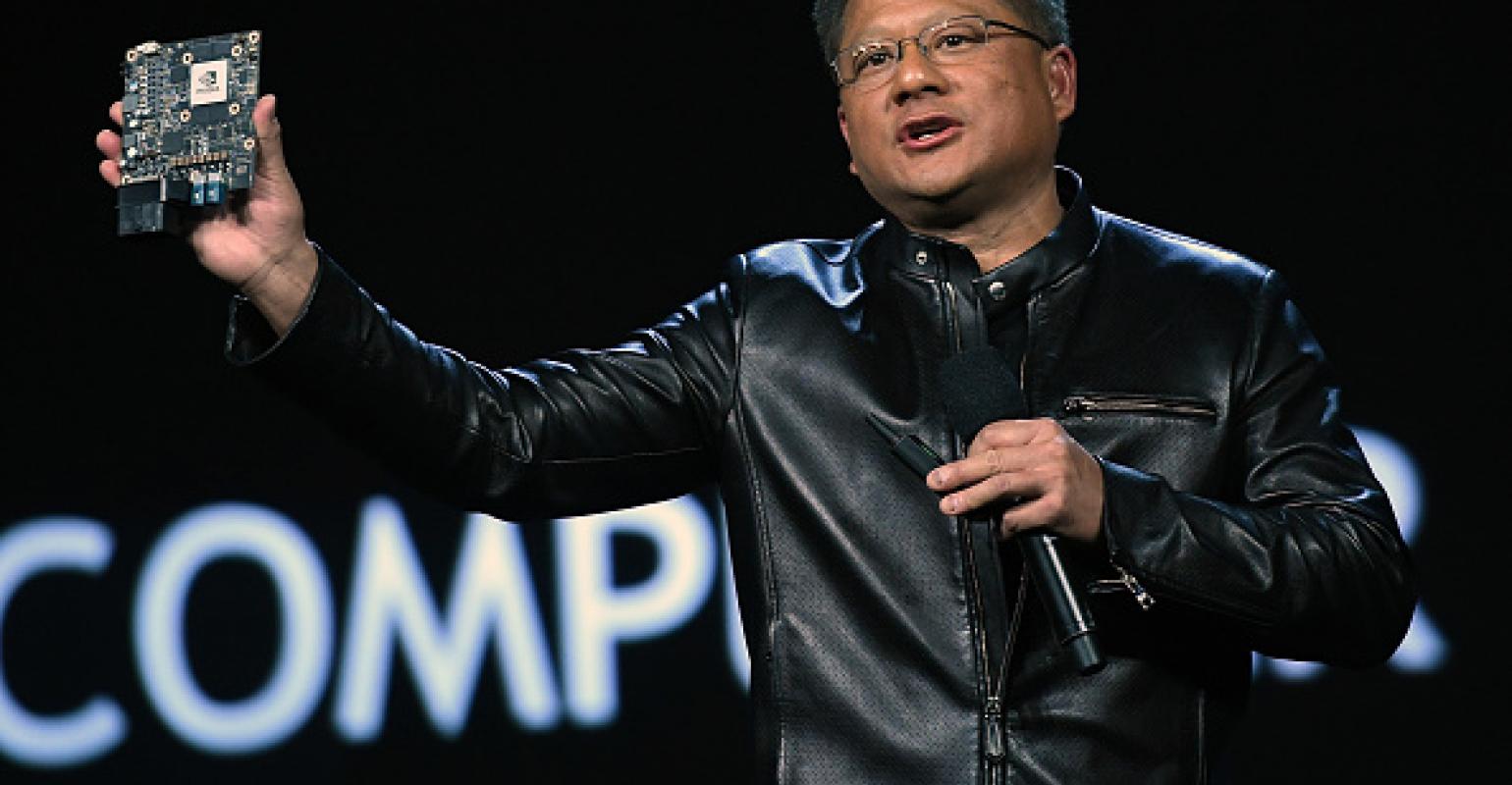First announced in September 2020, the acquisition of $ 40 billion from the Semiconductor designer arm by the Nvidia Chipmaker so far.
However, despite the high level of supervision and various setbacks, Nvidia CEO Jensen Huang said he remained “confident” the agreement would be thumbs up from the regulator.
Calling to Computex 2021 with video, Huang said he hoped the acquisition would be green at the beginning of 2022 at the latest.
Look at the list of our best business smartphones available
We have built a list of the best business laptops out there
See our best cellular workstation list now
“I hope this will take 18 months, so it’s the end of this year, early next year. I’m sure about transactions,” he said. “Our company complements each other so we will bring, naturally, innovations that come as a result of companies that are united and offer complementary things.”
Question for Acquisition of ARM
Because the agreement was first announced, various regulators and industrial players (Google, Qualcomm, Microsoft and many more) had declared serious concerns.
The Arm processor architecture is found in most cellular devices and more and more computers, provides a foundation for chips produced by people like Apple, Samsung, Intel, Qualcomm and, indeed, Nvidia.
The concern is that the arm will no longer maintain the post-acquisition post-acquisition of manufacturers and that the company’s R & D activities may be oriented in such a way that utilizing the most nvidia.
With this problem, the US Federal Trade Commission (FTC), UK competition and market authorities (CMA) and the European Commission all launched an investigation into an agreement. The British government is also looking for potential national security issues that may arise as a result.
According to Huang, however, synergy between two organizations and opportunities for innovation that will benefit the entire market means the acquisition should not be seen as anti-competitive.
“Regulators looking for: Is this good for competition? Is this pro-competitive and [doing it] brings innovation to the market? Does it give customers more choices?” He said. “You can see it in the first principle of our complementary company.”
Adding a further complexity layer is internal battle being carried out on the arm to control the Chinese branch. ARM fired Allen Wu, his Chinese CEO, in June last year for the perception of conflict of interest, but Wu had refused to empty his position.
Since then, China’s unit has filed a lawsuit against three executives chosen by the armboard to replace Wu, spending another shadow over the acquisition by Nvidia.




![[pii_email_ea7f2bf3c612a81d6e28] – Error Code Solved](https://epaperplanes.com/wp-content/uploads/2022/05/pii-nornma22.jpg)
![How To Solve [pii_email_0cbbda68c705117dc84f] Error?](https://epaperplanes.com/wp-content/uploads/2021/09/84f.png)